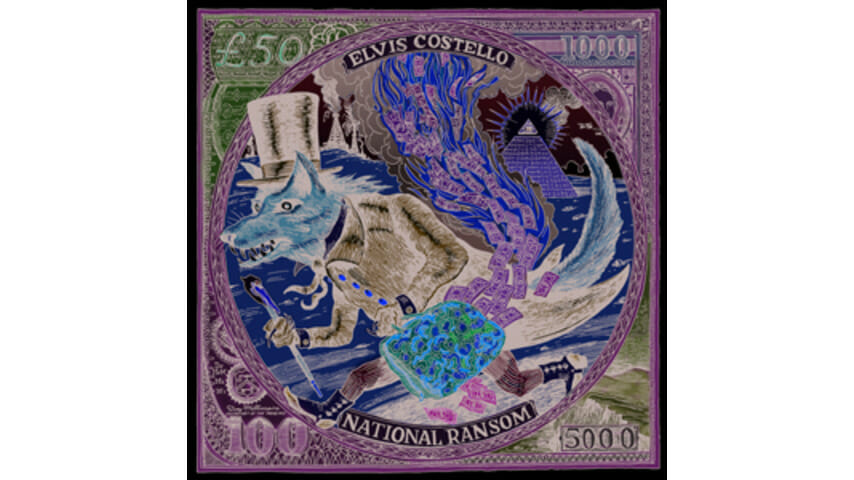Elvis Costello: National Ransom

Elvis can’t pick a genre, but we don’t care
There aren’t too many artists who can make an album that features both vaudeville and bluegrass sounds and get away with it. At this point in his career, Elvis Costello has dabbled in every genre under the sun, and on National Ransom, his second collaboration with T Bone Burnett in as many years, he gives us a little bit of everything. On paper, it should be a disaster, but Costello’s stellar songwriting saves the project and makes it worth delving into.
-

-

-

-

-

-

-

-

-

-

-

-

-

-

-

-

-

-

-

-

-

-

-

-

-

-

-

-

-

-

-

-

-

-

-

-

-

-

-

-








































